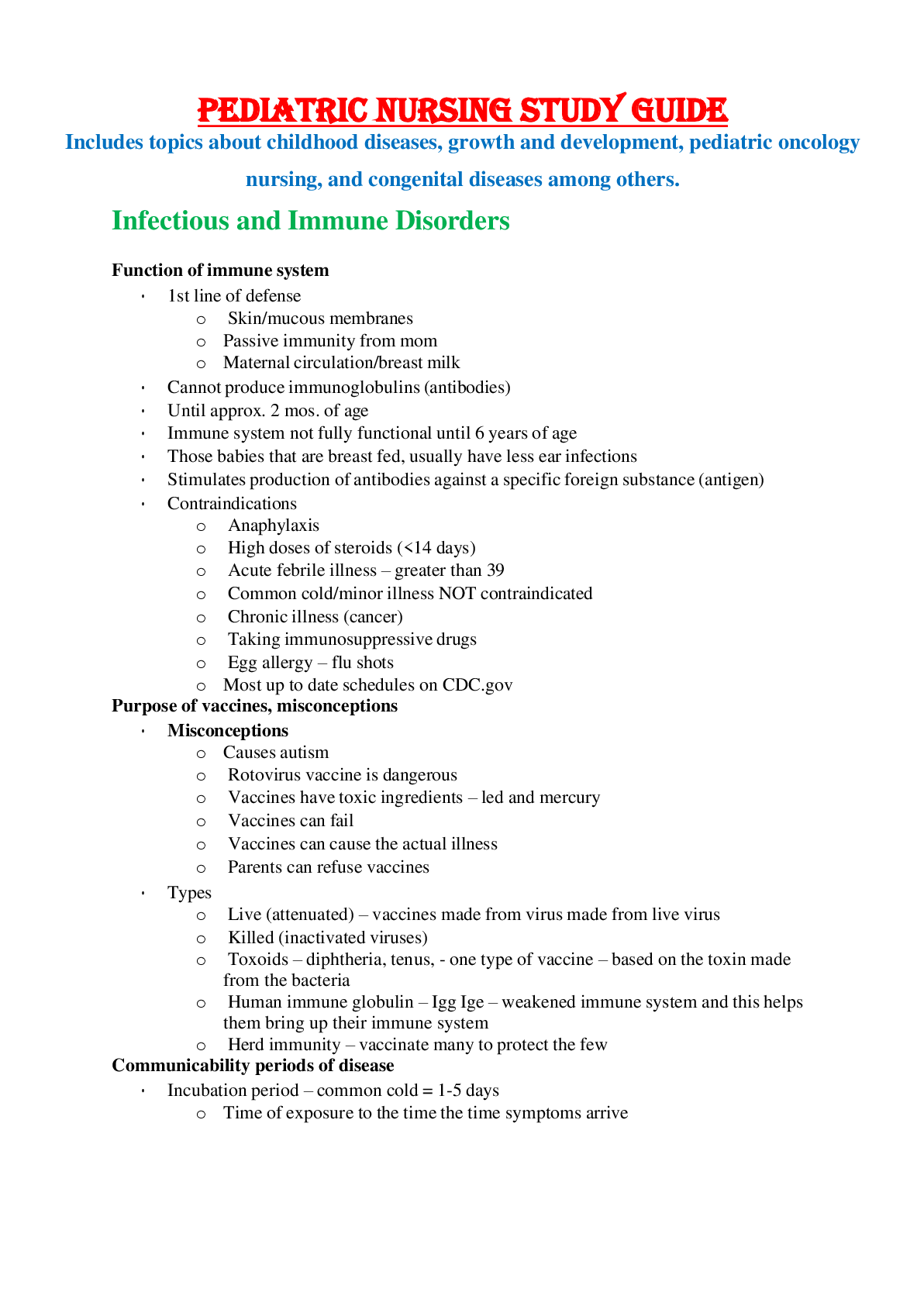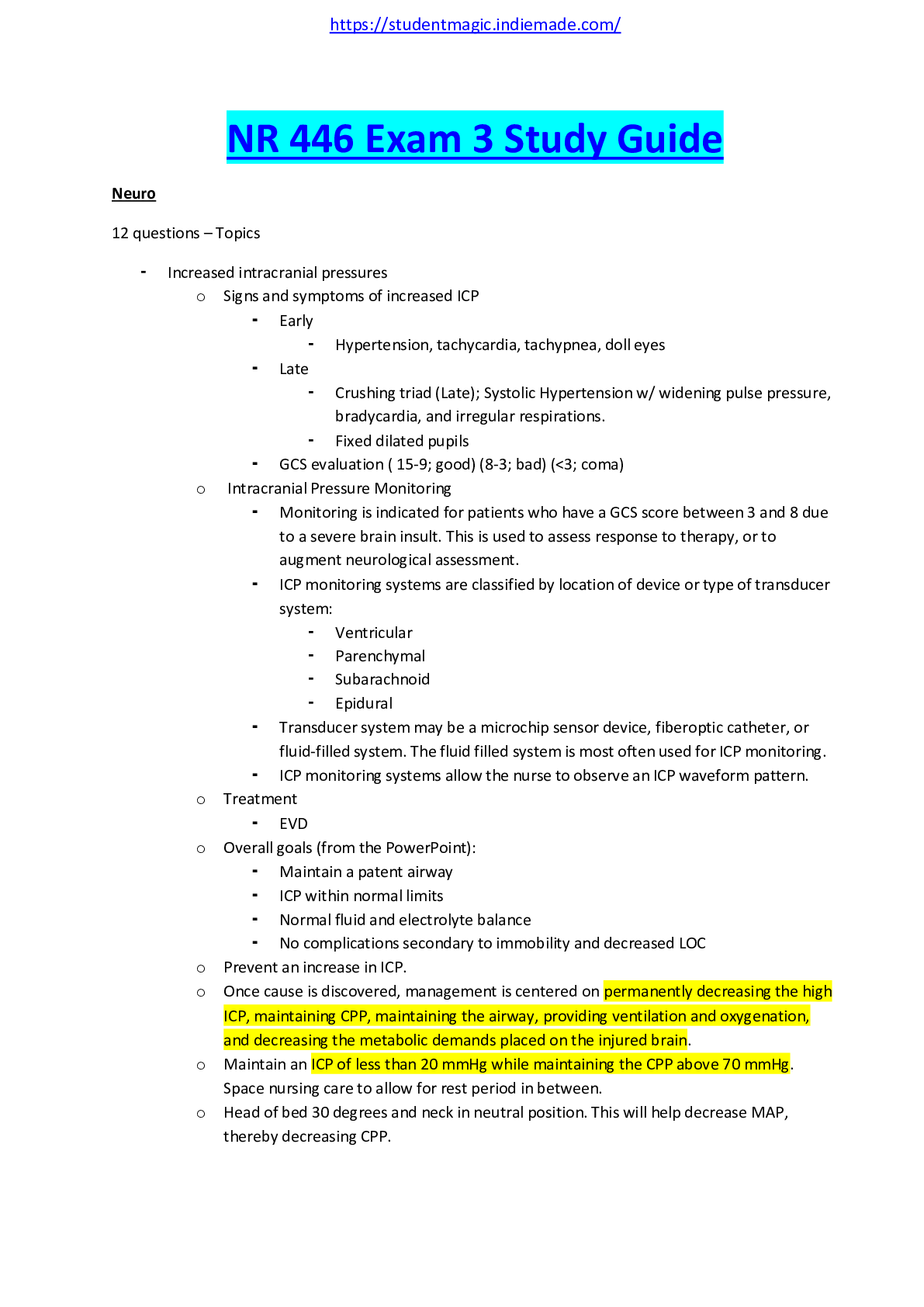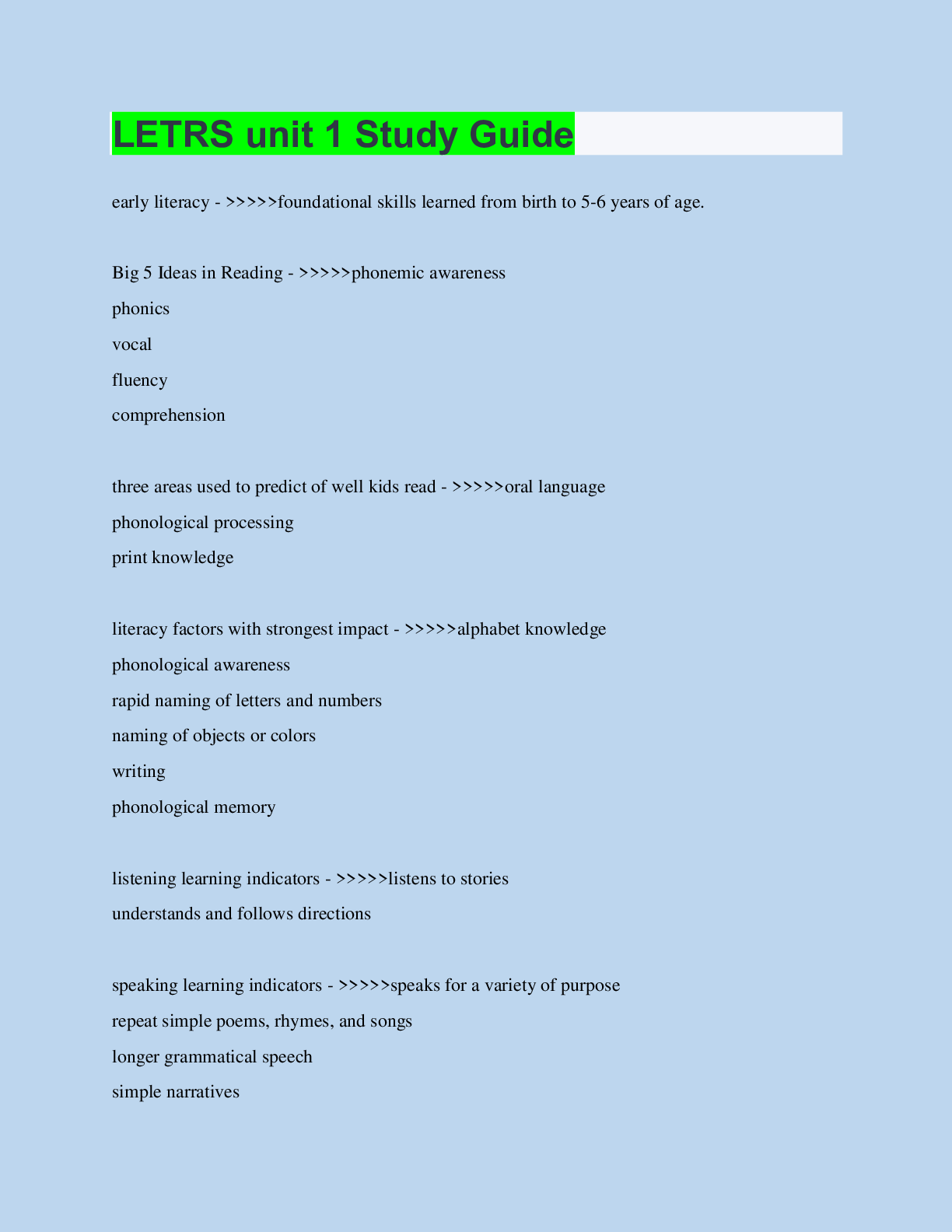English > STUDY GUIDE > Vernon High School - ENG 1101AP_Eng_Lit-2_MC_Passages from Go Tell It On the Mountain by James Baldw (All)
Vernon High School - ENG 1101AP_Eng_Lit-2_MC_Passages from Go Tell It On the Mountain by James Baldwin AP English Literature excerpt from Lila by Marilynne Robinson
Document Content and Description Below
AP English Literature from Go Tell It On the Mountain by James Baldwin Read the following passage carefully before you choose your answers. In this passage from a semiautobiographical novel first ... published in 1953, John Grimes, an African American teenager in the 1930s, awakens on the morning of his fourteenth birthday. In the midst of all his wonderings he fell asleep again, and when he woke up this time and got out of his bed his father had gone to the factory, where he would work for half a day. Roy was sitting in the kitchen, quarreling with their mother. The baby, Ruth, sat in her high chair banging on the tray with an oatmeal-covered spoon. This meant that she was in a good mood; she would not spend the day howling, for reasons known only to herself, allowing no one but her mother to touch her. Sarah was quiet, not chattering today, or at any rate not yet, and stood near the stove, arms folded, staring at Roy with the flat black eyes, her father’s eyes, that made her look so old. Their mother, her head tied up in an old rag, sipped black coffee and watched Roy. The pale end-ofwinter sunlight filled the room and yellowed all their faces; and John, drugged and morbid and wondering how it was that he had slept again and had been allowed to sleep so long, saw them for a moment like figures on a screen, an effect that the yellow light intensified. The room was narrow and dirty; nothing could alter its dimensions, no labor could ever make it clean. Dirt was in the walls and the floorboards, and triumphed beneath the sink where roaches spawned; was in the fine ridges of the pots and pans, scoured daily, burnt black on the bottom, hanging above the stove; was in the wall against which they hung, and revealed itself where the paint had cracked and leaned outward in stiff squares and fragments, the paper-thin underside webbed with black. Dirt was in every corner, angle, crevice of the monstrous stove, and lived behind it in delirious communion with the corrupted wall. Dirt was in the baseboard that John scrubbed every Saturday, and roughened the cupboard shelves that held the cracked and gleaming dishes. Under this dark weight the walls leaned, under it the ceiling, with a great crack like lightning in its center, sagged. The windows gleamed like beaten gold or silver, but now John saw, in the yellow light, how fine dust veiled their doubtful glory. Dirt crawled in the gray mop hung out of the windows to dry. John thought with shame and horror, yet in angry hardness of heart: He who is filthy, let him be filthy still.* Then he looked at his mother, seeing, as though she were someone else, the dark, hard lines running downward from her eyes, and the deep, perpetual scowl in her forehead, and the downturned, tightened mouth, and the strong, thin, brown, and bony hands; and the phrase turned against him like a two-edged sword, for was it not he, in his false pride and his evil imagination, who was filthy? Through a storm of tears that did not reach his eyes, he stared at the yellow room; and the room shifted, the light of the sun darkened, and his mother’s face changed. Her face became the face that he gave her in his dreams, the face that had been hers in a photograph he had seen once, long ago, a photograph taken before he was born. This face was young and proud, uplifted, with a smile that made the wide mouth beautiful and glowed in the enormous eyes. It was the face of a girl who knew that no evil could undo her, and who could laugh, surely, as his mother did not laugh now. Between the two faces there stretched a darkness and a mystery that John feared, and that sometimes caused him to hate her. * a reference to the Bible, Revelation 22:11 AP English Literature excerpt from Lila by Marilynne Robinson The following passage is from a novel published in 2014. Lila, who was once an itinerant farm worker, has recently married an older man who is a minister and become pregnant. She thought, Don’t go hoping. Let’s see what comes of this child. Let’s see how long I keep this old man. What a body might hope for just ain’t in the way of things, most of the time. Never for long. She said, “I might try thinking about that. It’s a nice idea.” And he said his grace, and she bowed her head. Why did she talk to him that way? So that she could say when it ended she always knew it would. Not very long after he kissed her cheek and left for the church she put on her coat and walked down to the store as if a wedge of cheese and a box of crackers were all she had in mind, and then strolled along down the road, on past the edge of town, past the fields of dry cornstalks. It was a good coat, new and heavy and too warm for the weather, since the winter was a little late coming on, but she told herself it would be a waste not to get all the use of it she could. It was a nice dark blue. You could see pelicans by the hundreds sometimes. It was late in the season for them, but winter was late, so she might still see some. There was a wide place in the river where people went to look at them, so that’s what she’d say if anyone asked her where she was going. She’d seen those birds all her life and never had a name for them, because they had nothing to do with getting by. She’d never once heard of anybody eating one. Ducks for sure, but never pelicans. They were white as anything could be, flying up off the water together and spreading their wings so wide you couldn’t believe it, and then settling together on the water again, sliding along. They just came when the weather started to change, and then they were gone till the next year. It was the old man who told her what they were called. There was one of them carved into Mrs. Ames’s gravestone. After Lila stopped at the shack she’d go on down to the river so she could tell him where she’d been without lying. She’d never thought before how strange a cornfield can look so late in the year, all the stalks dead where they stand. The country had always just been work waiting to be done. Now she saw the dim shine of sunlight on the leaves, and how the stalks were all bent one way, the tops of them. The wind had bent them and then left them rigid, with their old tattered leaves hanging off them. But it was as if they had all heard one sound and they all knew what it meant, or were afraid they did, and every one of them waited to hear it again, to be sure, every one of them still with waiting. She said, “It don’t mean nothing,” speaking to the child. “It’s the wind.” The shack was there, the field in front of it filled with the same old weeds, blanched and beaten down or poking up this way and that. The path she had worn from the road was pretty well overgrown. Somebody had been there, had come and gone just enough to bruise the grass. Somebody might still be there. She knew it wasn’t smart to look in the door. You can get in a set-to1 so fast you don’t even know what happened. Nobody harder to deal with than a thief, once he decides you’re trying to steal from him. She had this baby now to think about. So she stood a way off and picked up a rock and threw it against the wall. It made a good, solid thunk. Nobody looked out the window or the door. She found two more rocks and threw them. Nobody. So she decided it would be safe to look inside. [Show More]
Last updated: 1 year ago
Preview 1 out of 6 pages

Reviews( 0 )
Document information
Connected school, study & course
About the document
Uploaded On
Apr 12, 2021
Number of pages
6
Written in
Additional information
This document has been written for:
Uploaded
Apr 12, 2021
Downloads
0
Views
31

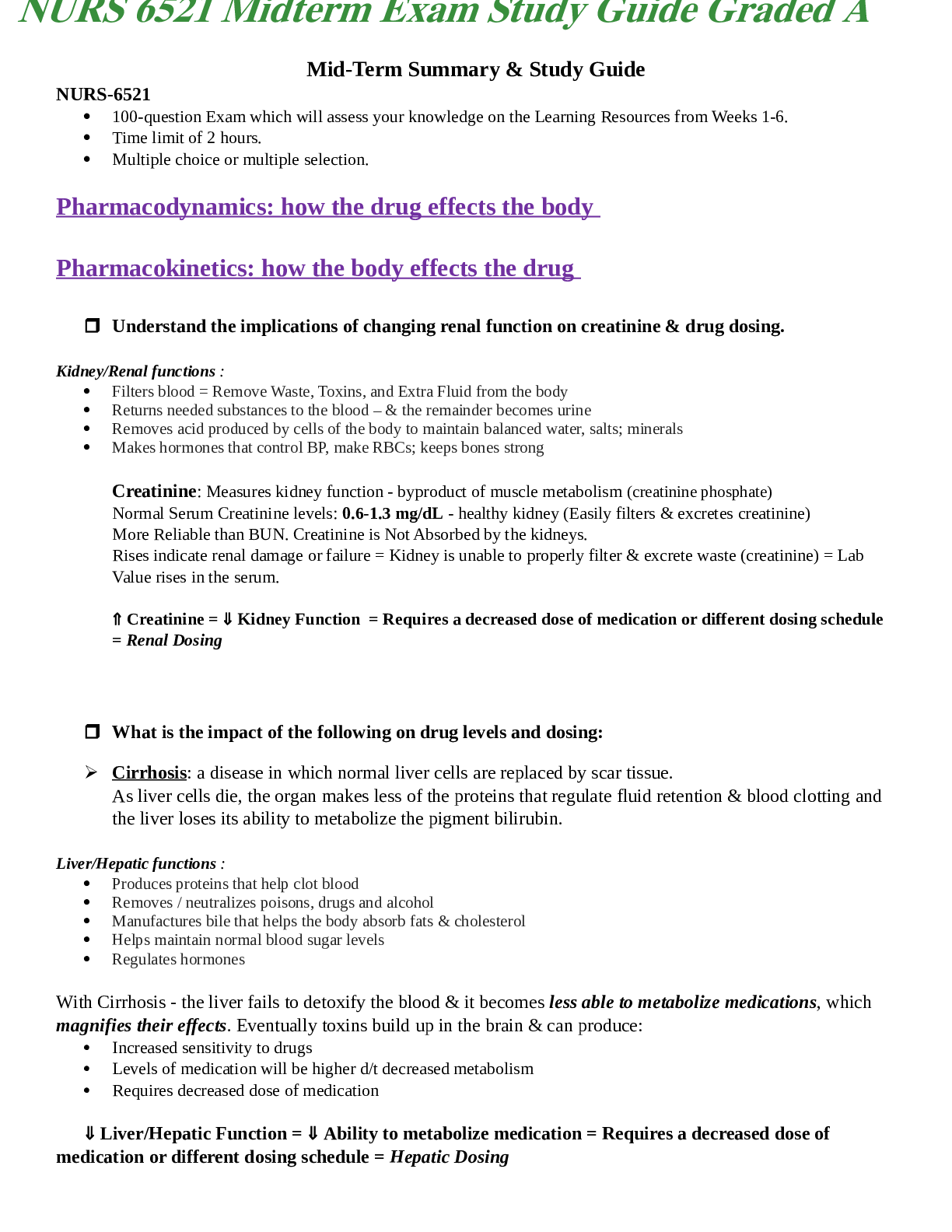
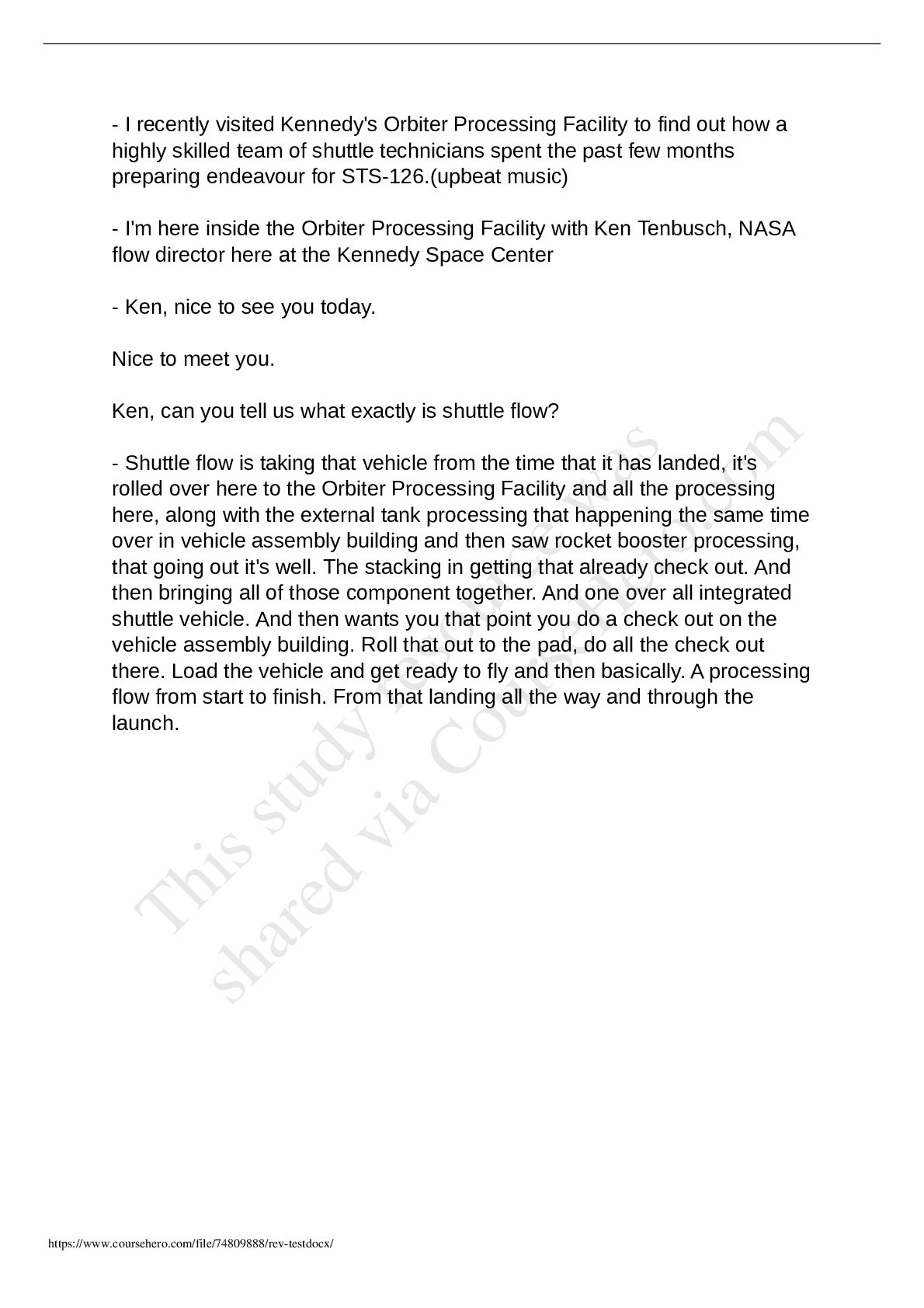

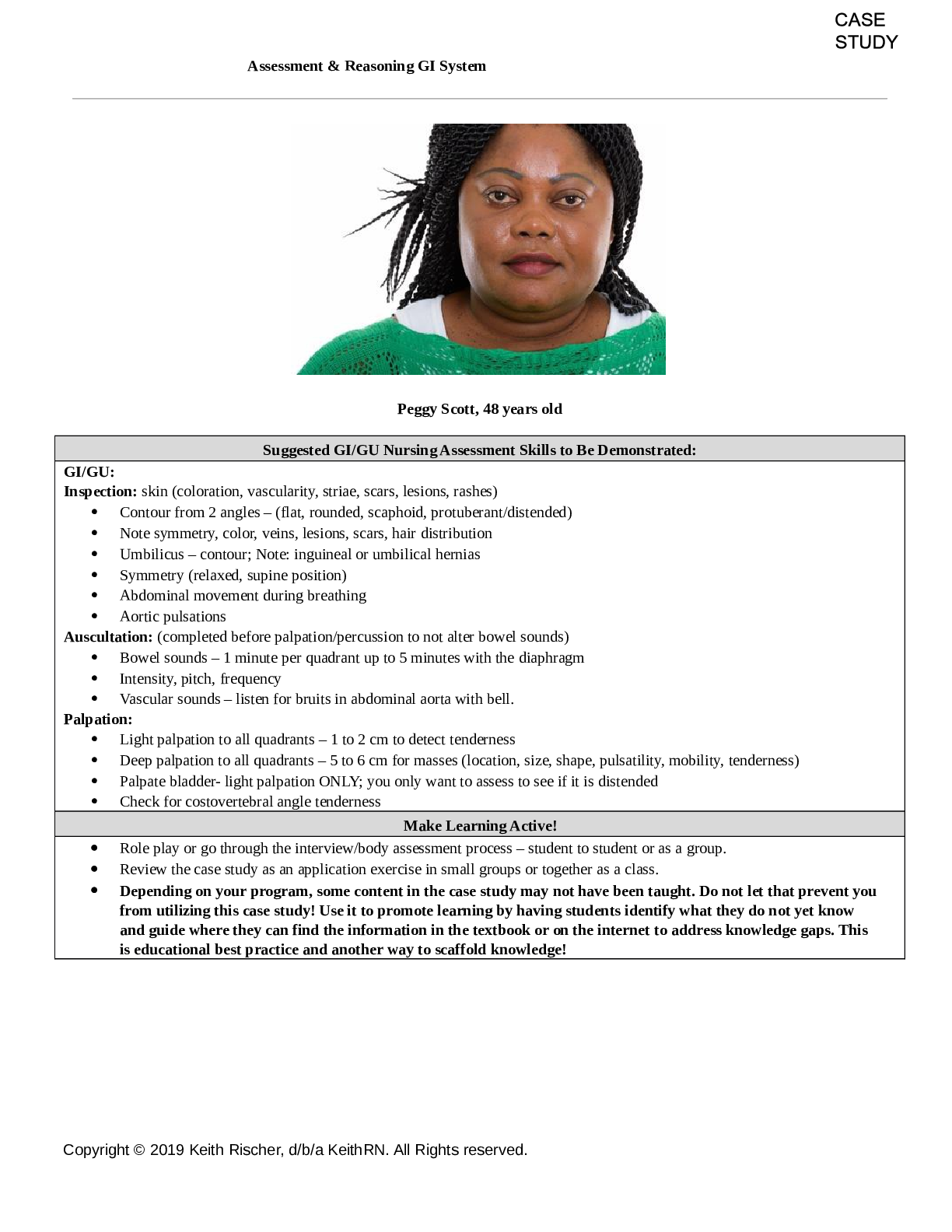

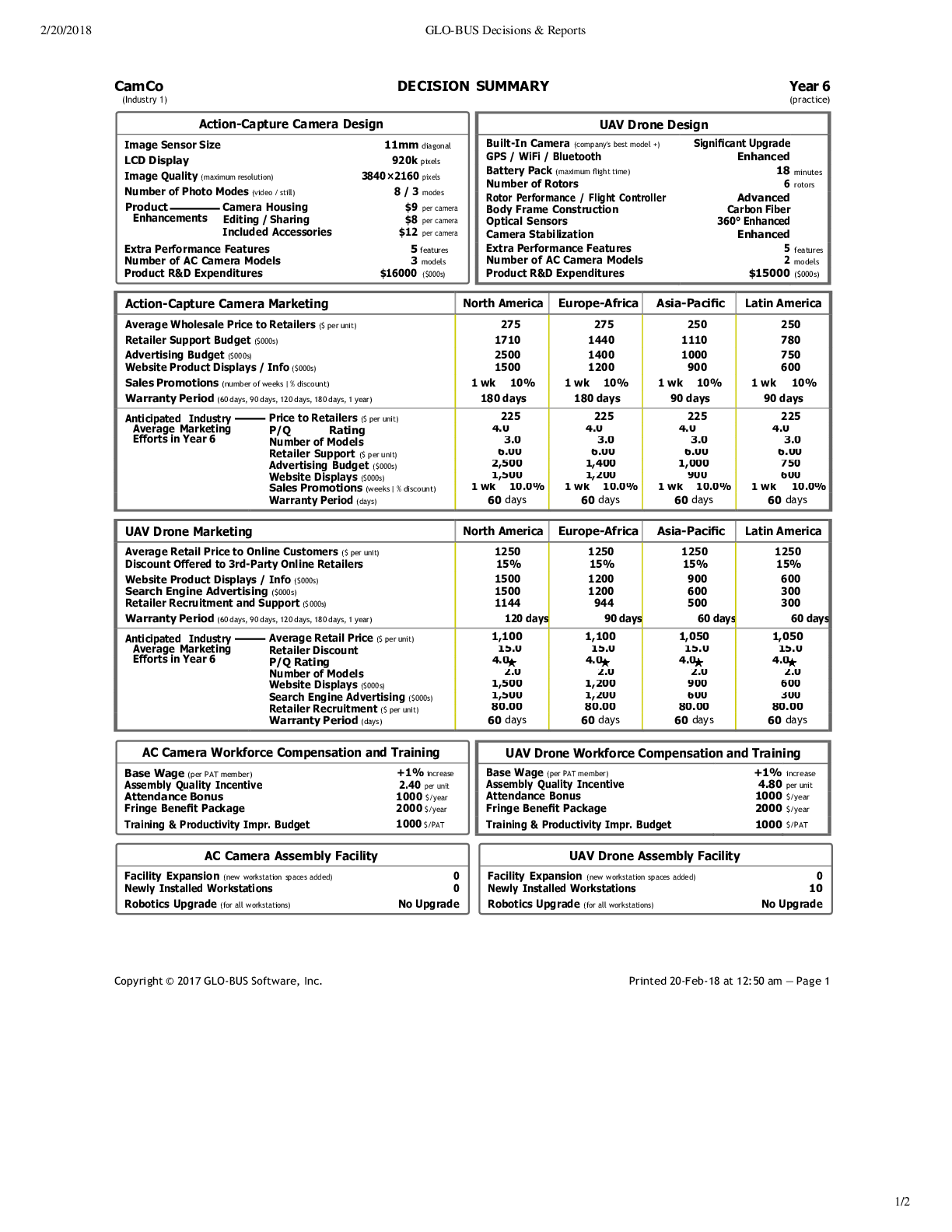
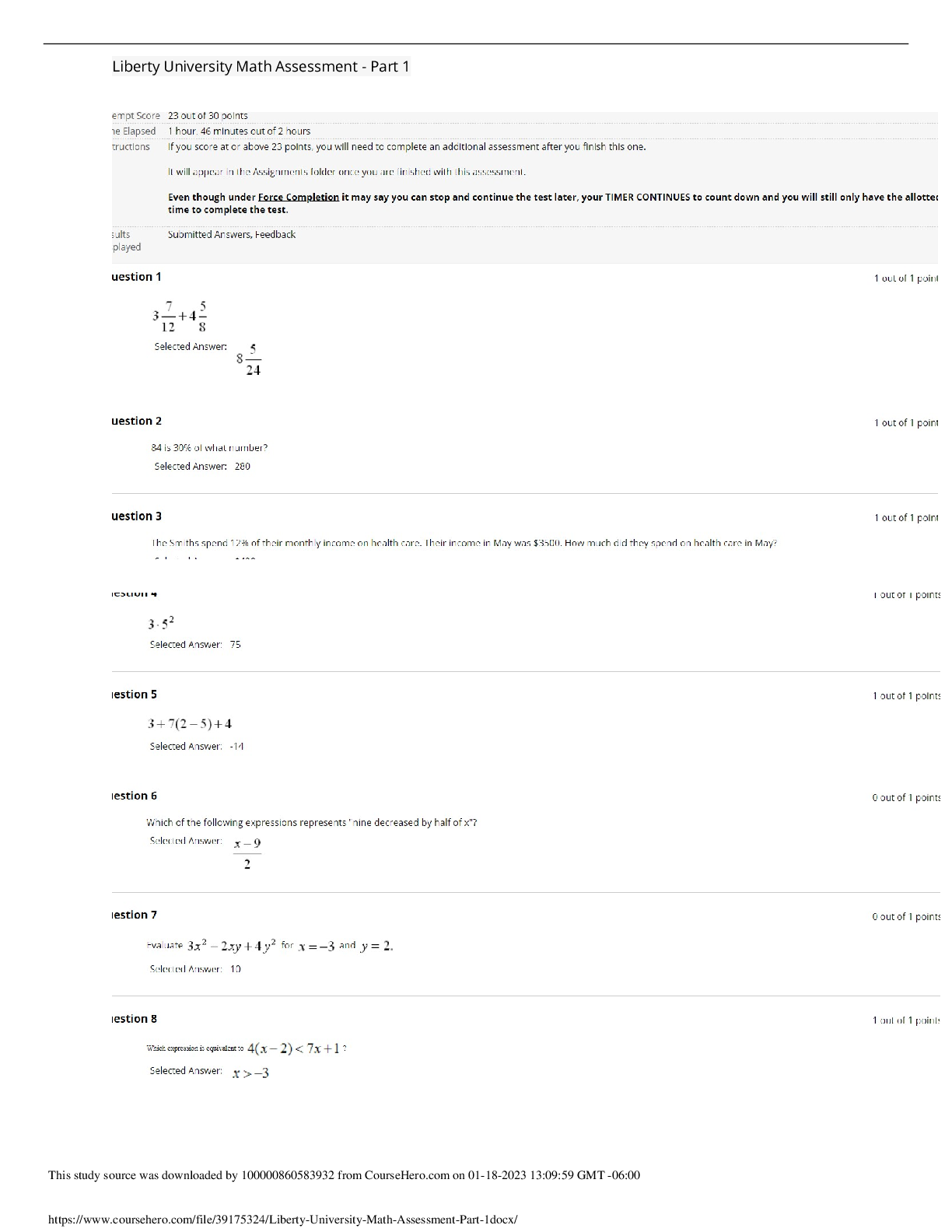

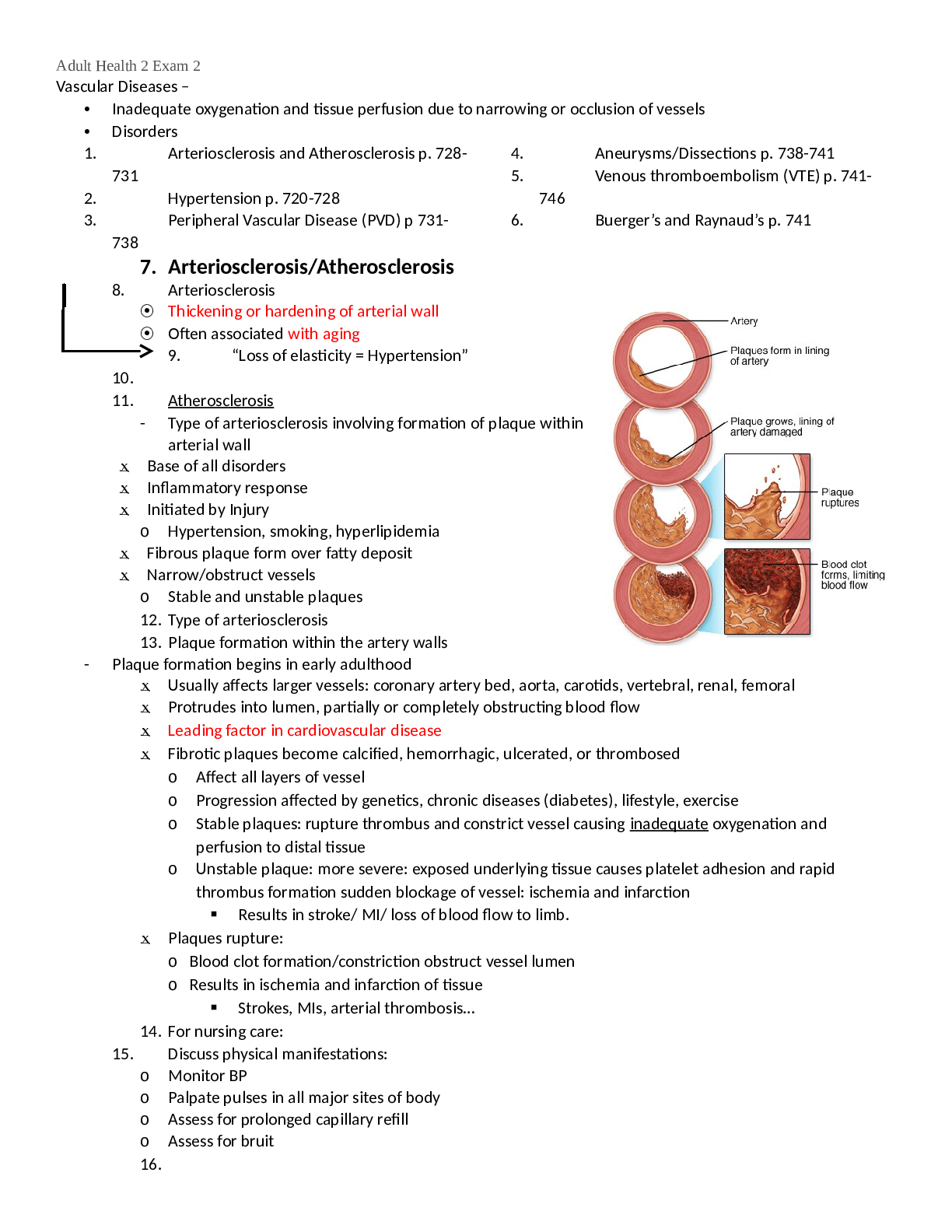
.png)
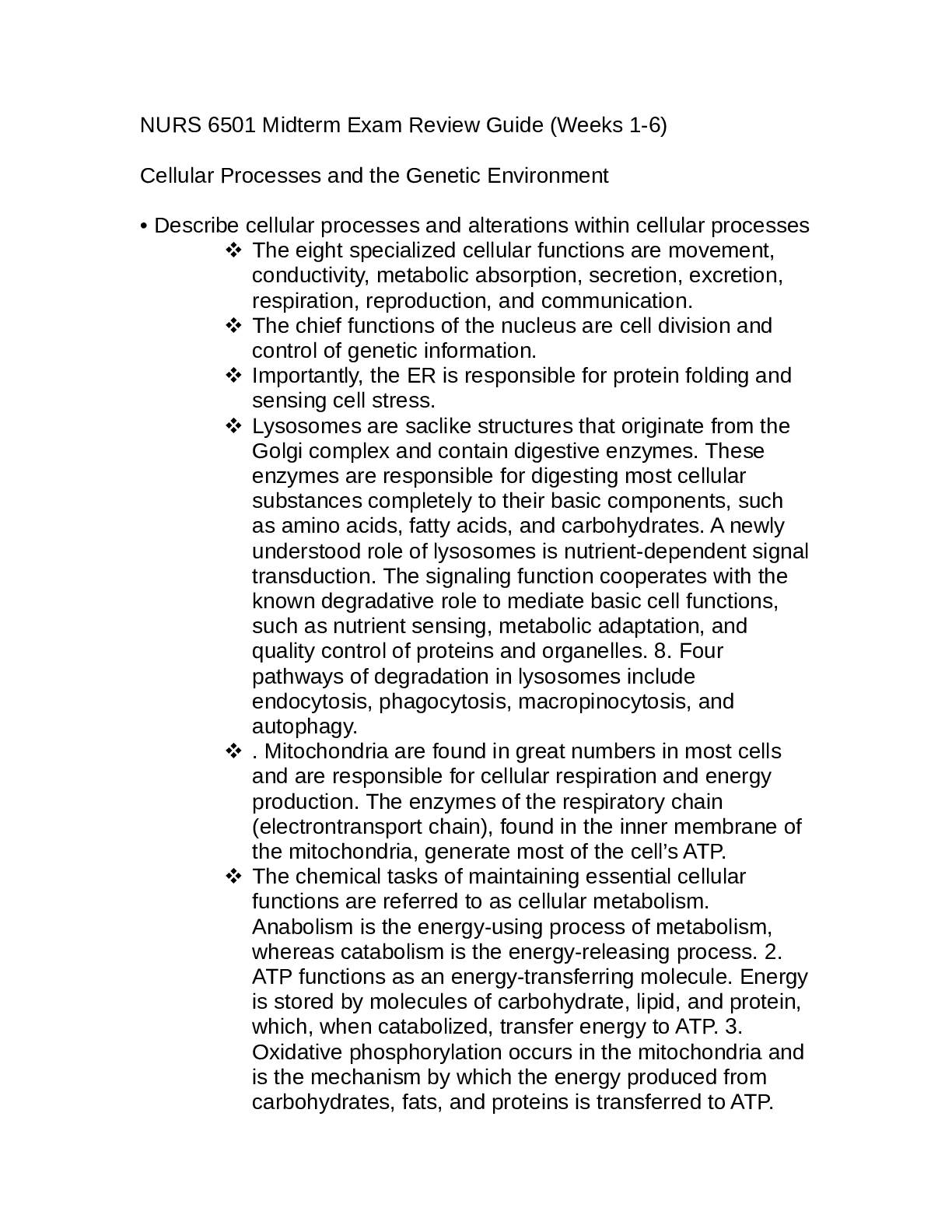
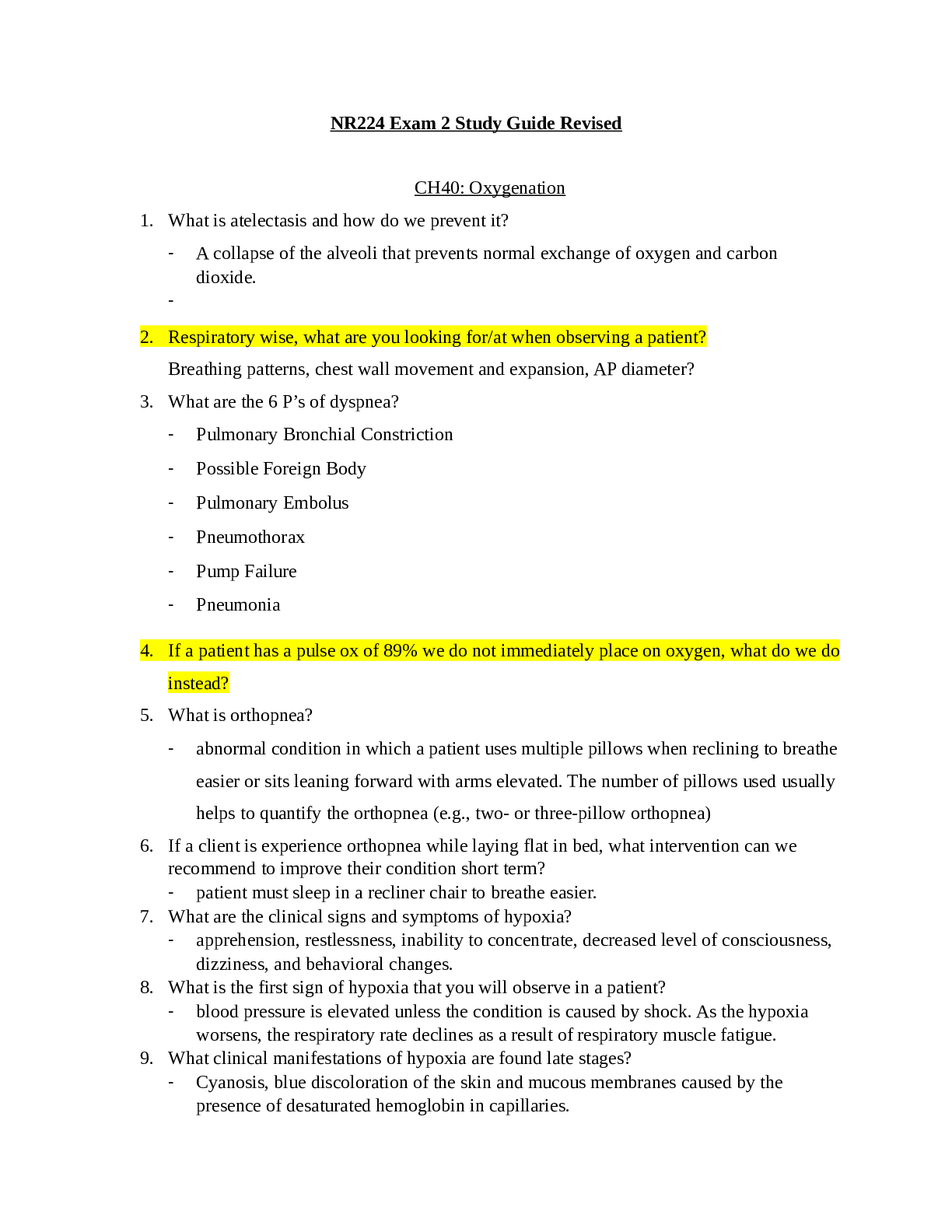
.png)
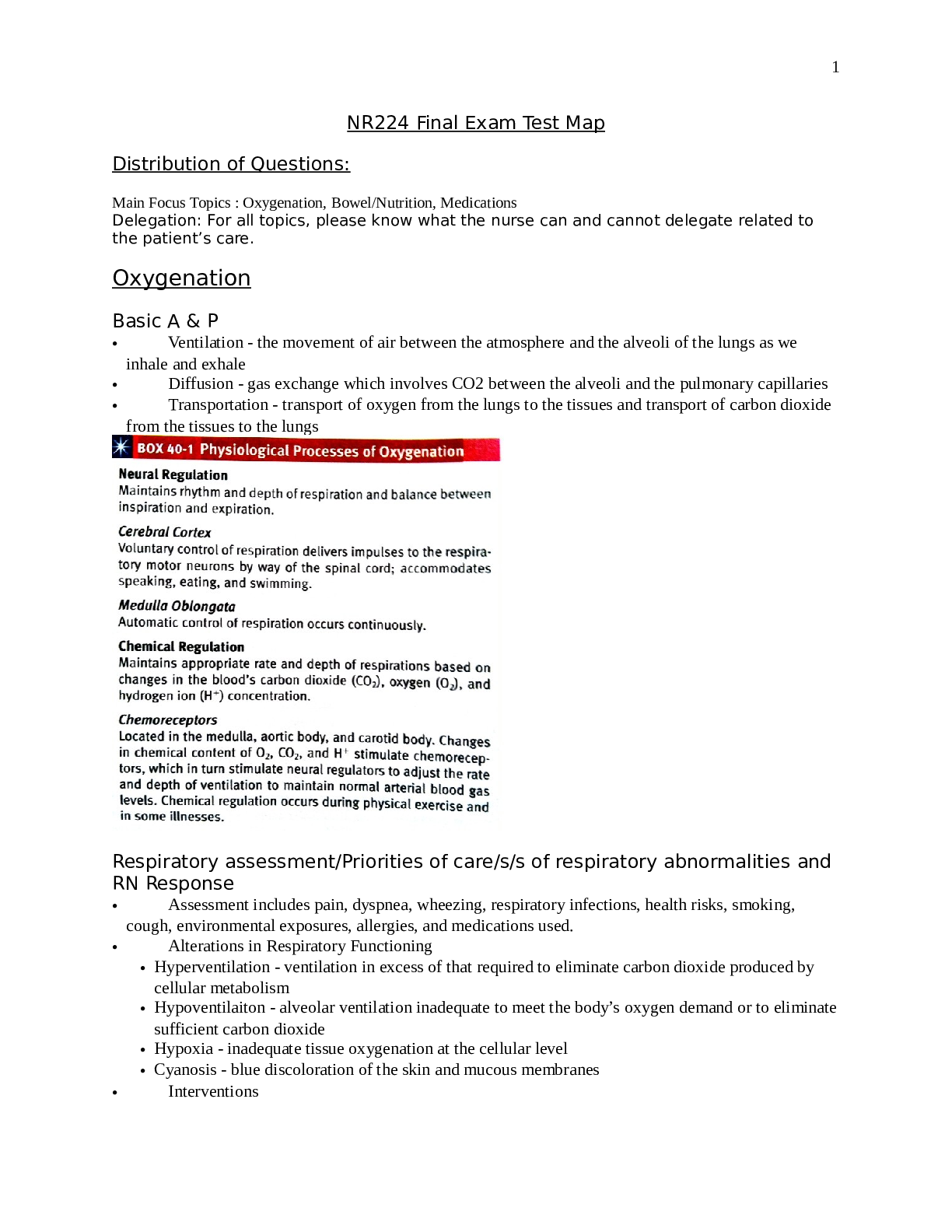
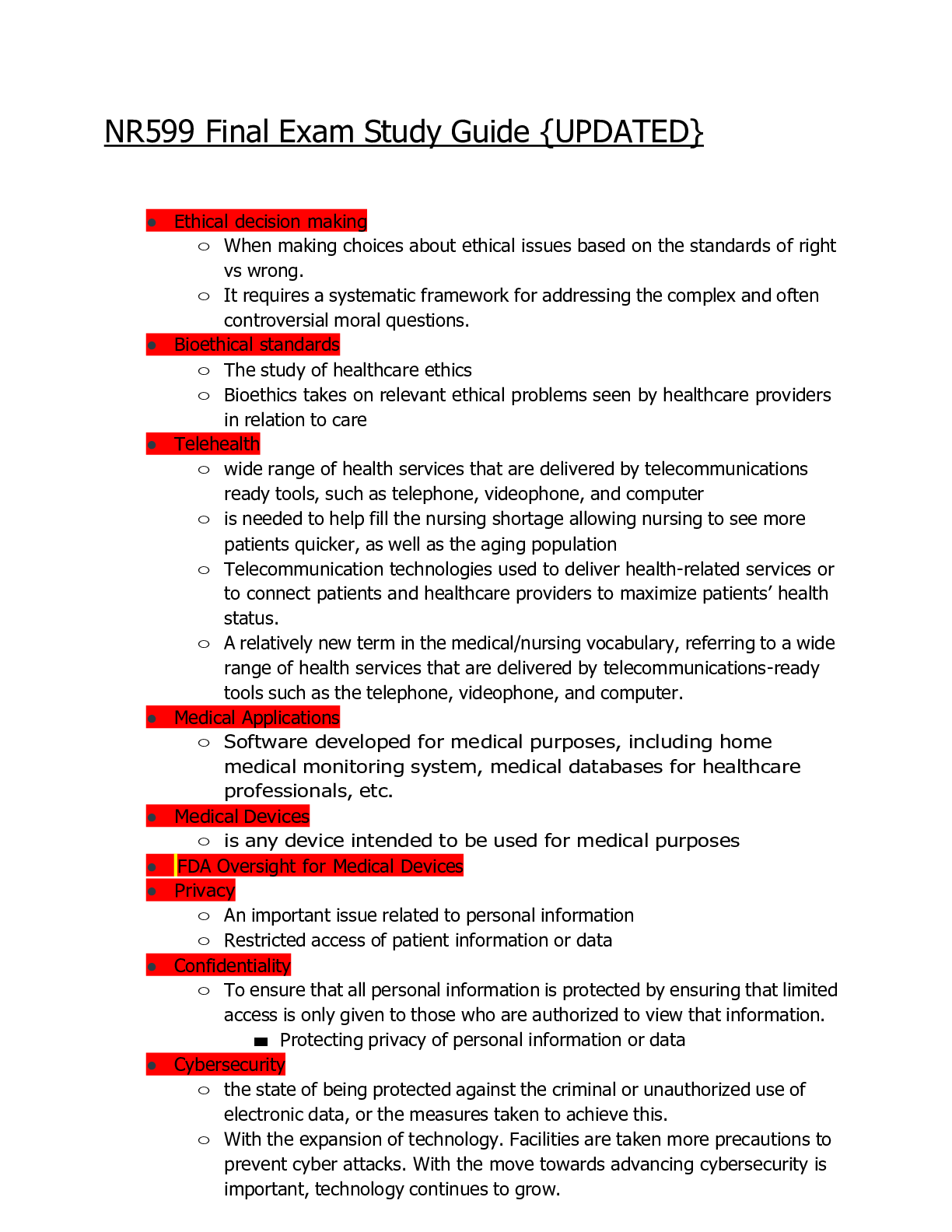
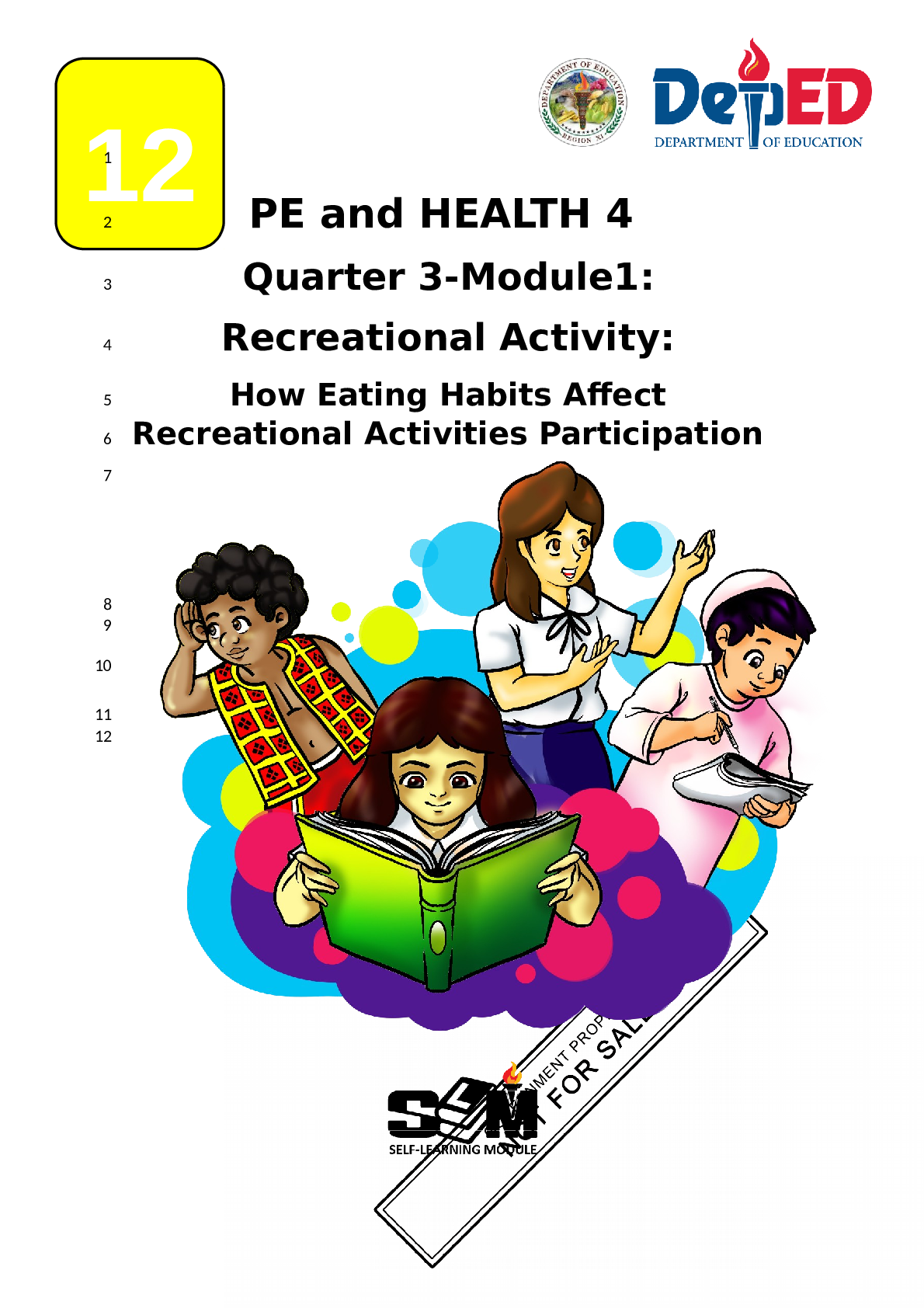
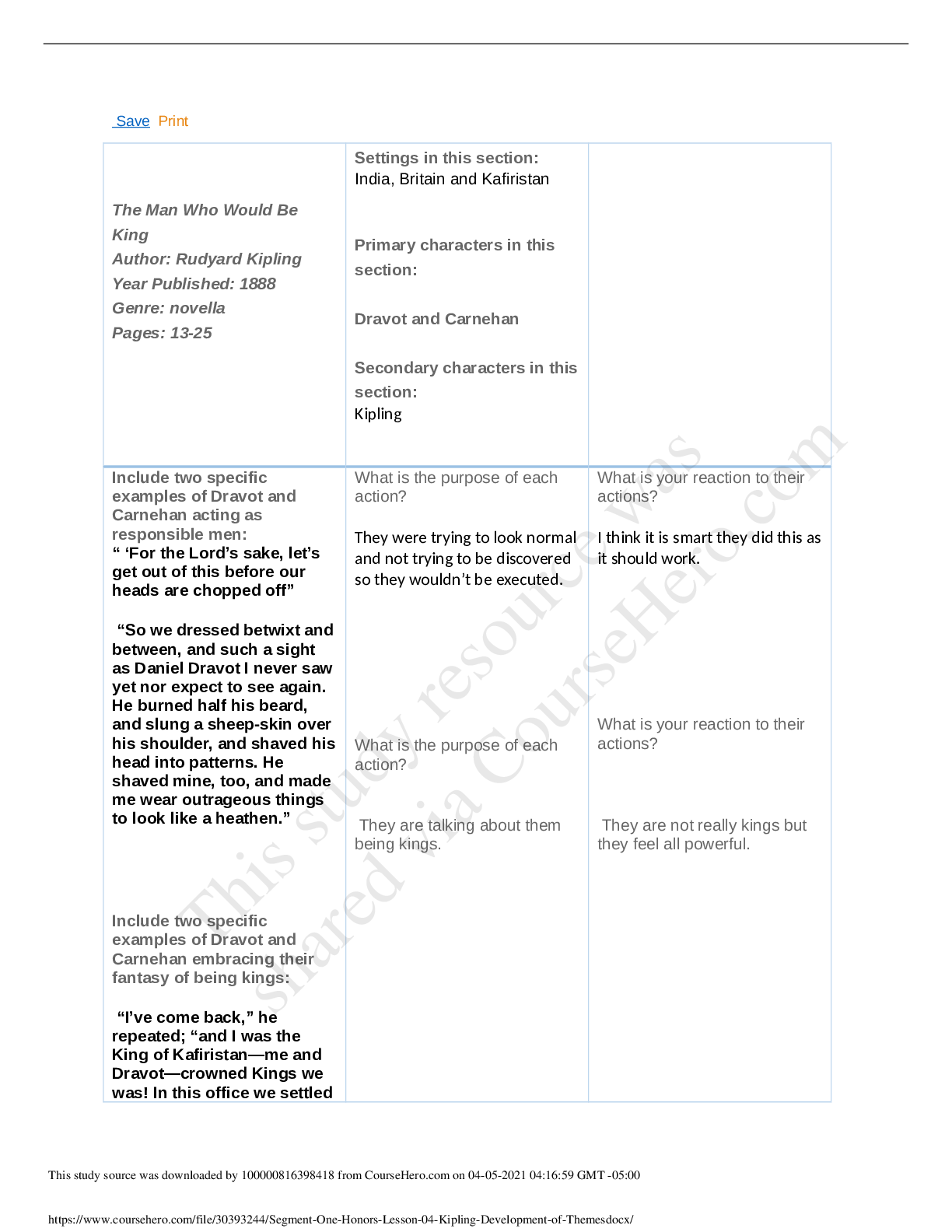



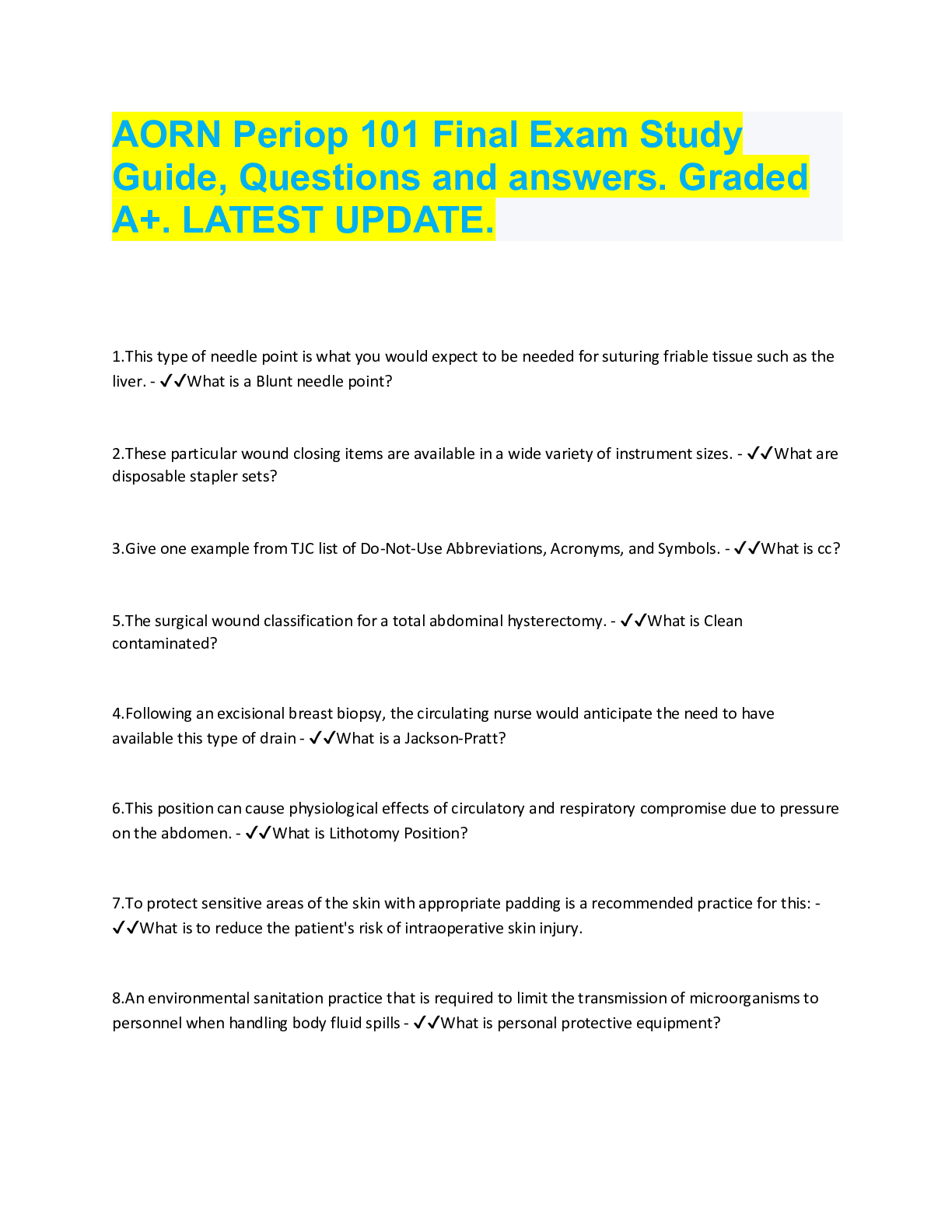
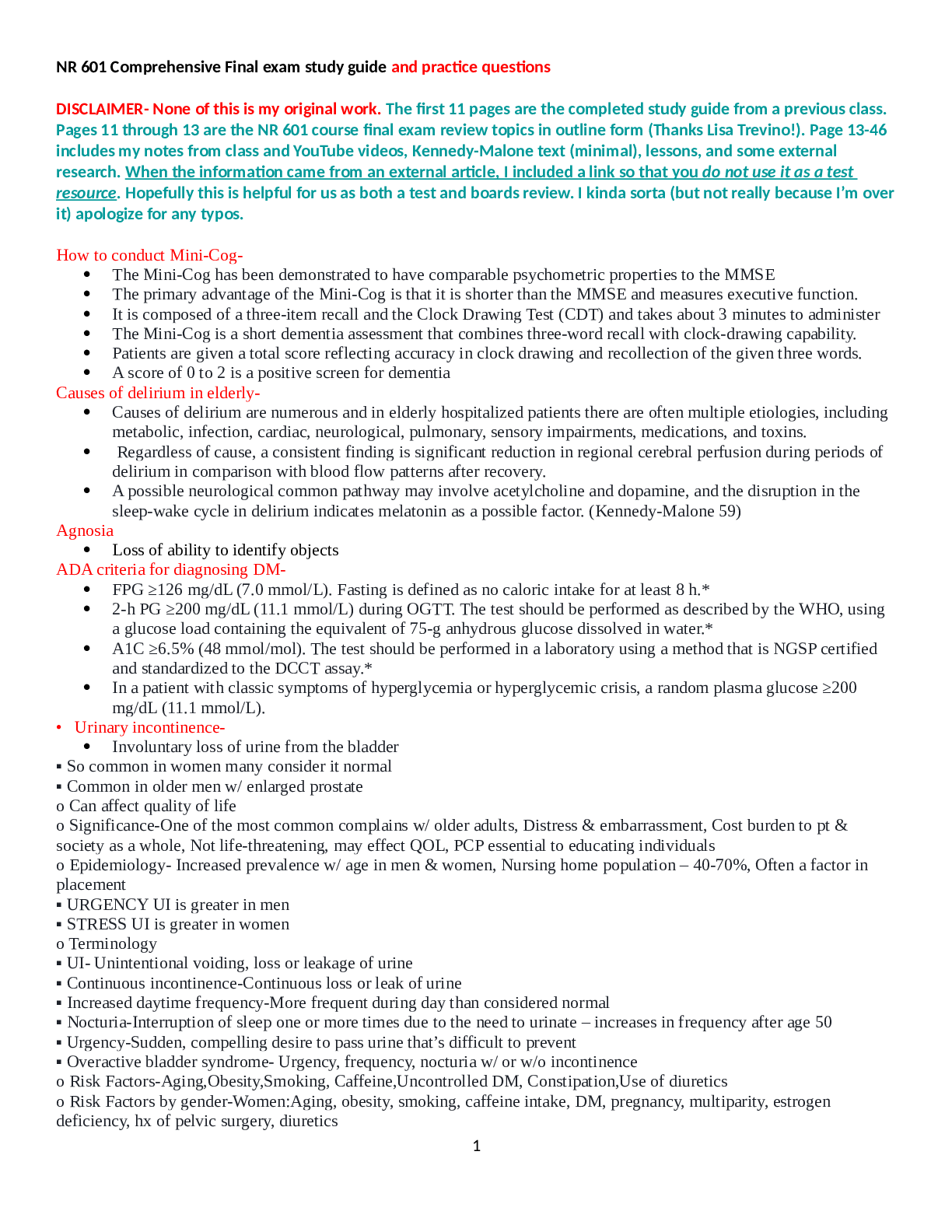



.png)


